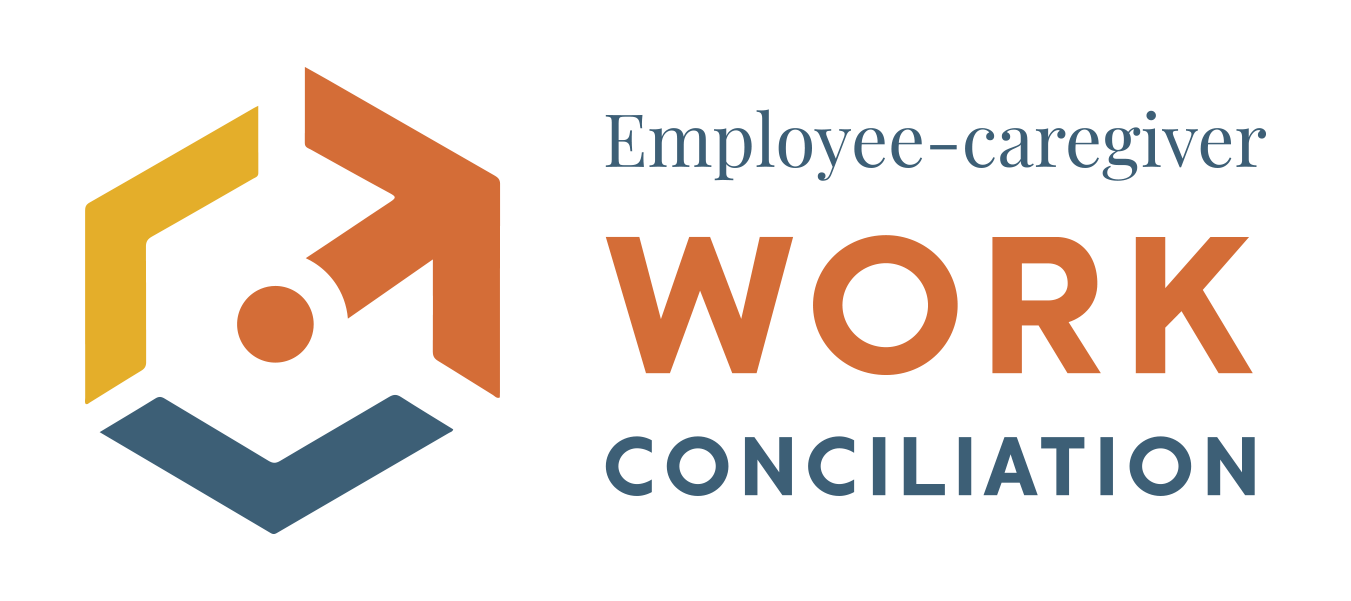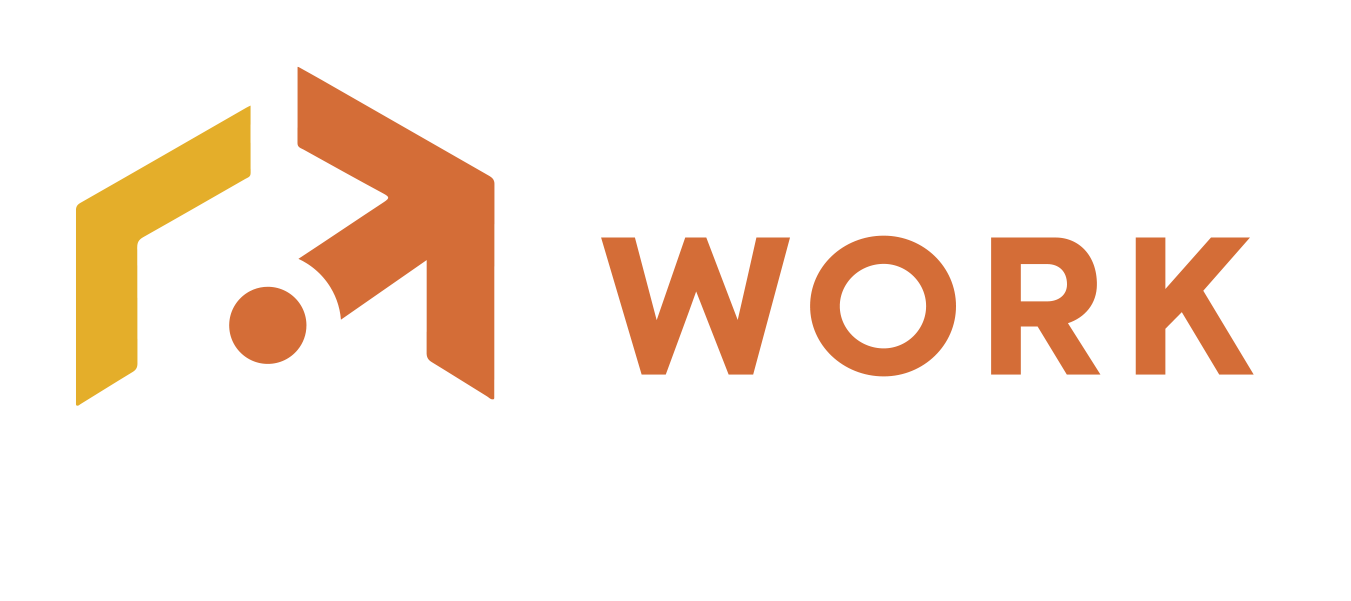If you take care of a loved one and you are employed, this commitment will most likely have an impact on your professional and personal life.
Caregiver-work conciliation is essential in your situation, because it can allow you to stay employed, maintain a certain financial, social and emotional autonomy, and thus reduce stress, anxiety and social isolation.
Your role is essential!



